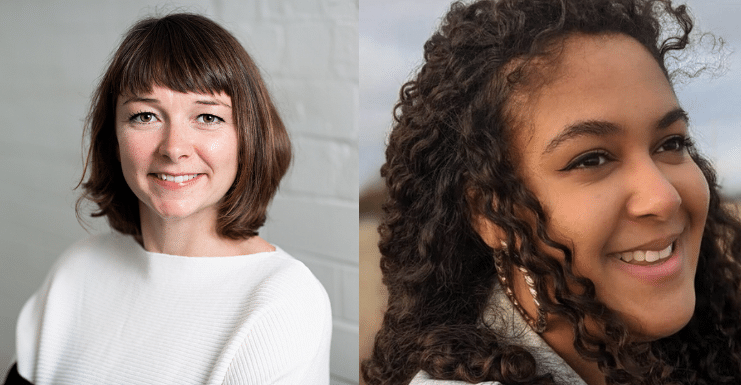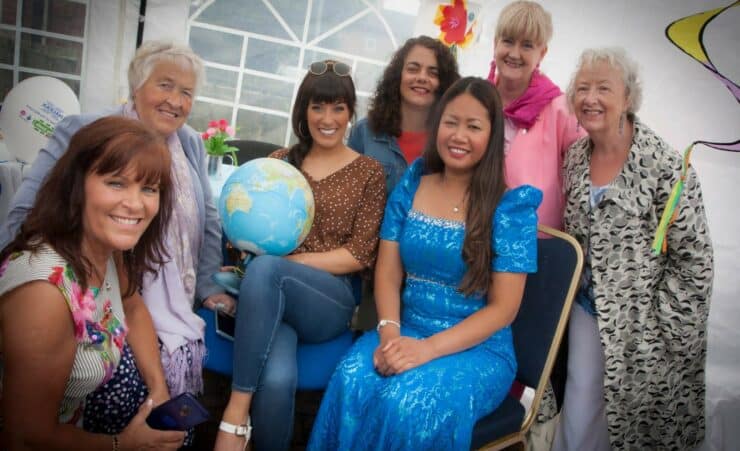
Civic and community action in times of crisis
Community and voluntary action, interwoven with sharing and analysing our learning, has a critical role to play in this situation. For example, within days of the outbreak near to me there were individuals, small community groups and co-operatives that had started initiatives to keep in touch with those isolated or vulnerable: to arrange delivery of essential supplies, to organise support services, to provide language translation for marginal groups and to make links with statutory services. They (or more accurately ‘we’) utilised our pre-existing informal communal structures built up from trust (and sometimes from disagreements!) over many years. And no, we didn’t have a constitution or a board of trustees! So, this rapid response could be understood as a latent community resource, what Adalbert Evers called ‘civicness’ – a sense of our civic role within our social and political culture.
In these emergency settings – where the system is destabilised – some of the traditional institutional ‘machinery’ of grant funding to community groups (outputs, outcomes, indicators, policies, theory of change, value for money, staff profiles, 30 page evaluation reports) gets temporarily put on the back seat. Professor Peter Checkland, the amiable systems guru, once cheerfully pointed out in a seminar that when the system breaks down – whether due to disaster, war or revolution – systems theory and normal rules do not function.
When the system breaks down – whether due to disaster, war or revolution – systems theory and normal rules do not function.
Arguably, many small and medium-sized community and co-operative organisations throughout the country are continually working with people in distress who are facing multiple disadvantages – where there are no ‘normal’ rules. This might be with vulnerable women asylum seekers, or people without a secure home, or young people facing violence and drug gangs on the streets. In such settings, we might argue that local support systems are sparse or non-existent. The organisations working in these contexts may be doing a tough job, working with poor people with big problems, and they don’t have the cute structures and smooth procedures of the well oiled, three tier charity based in Carlton Square Mews.
Anyone who’s done a short course in voluntary sector management comes across Di Maggio and Powell’s ‘The Iron Cage’ and the stream of analysis since then. It’s an idea, going back to Weber, that organisations working in the same field tend to get more homogenous. If two or three fast food joints have a two-for-one deal, pretty soon every other take away parlour in town will be doing something pretty similar. This doesn’t necessarily make them any better at their job. And local community organisations, in particular, might work better if they adapt to their environment and not chase the herd.
Hence, recent experiments with ‘relational funding’ – where charitable foundations get to know local groups and build up trust and understanding – may provide important precedents in the current crisis. Similarly, some of the fast track funding in disaster situations like the Grenfell Tower fire was critical. In these settings, the point was not to search for ‘isomorphic’ dummies – the organisations that can tick all the boxes and have the professional staff to know the latest jargon and phrases to light up the funders’ eyes. Rather, the aim was to provide quick grants to the odd, awkward or even eccentric organisations that were working close to people in need, in flexible ways, based on a firm understanding of the issues, and what was feasible and safe to do.
The coronavirus outbreak surely presents gigantic challenges to our social structure which are both tangible (the need for medicine, food, wages, heat and light and a home) and emotional (feelings of fear, anxiety, loss and insecurity).
The current crisis reminds us all of the precarity of our inter-dependent lives. It’s a time for our civicness to shine. And it’s an opportunity for us to show imagination about changing some of the traditional ways we might work together in our community organisations, charitable foundations, and civic life.


